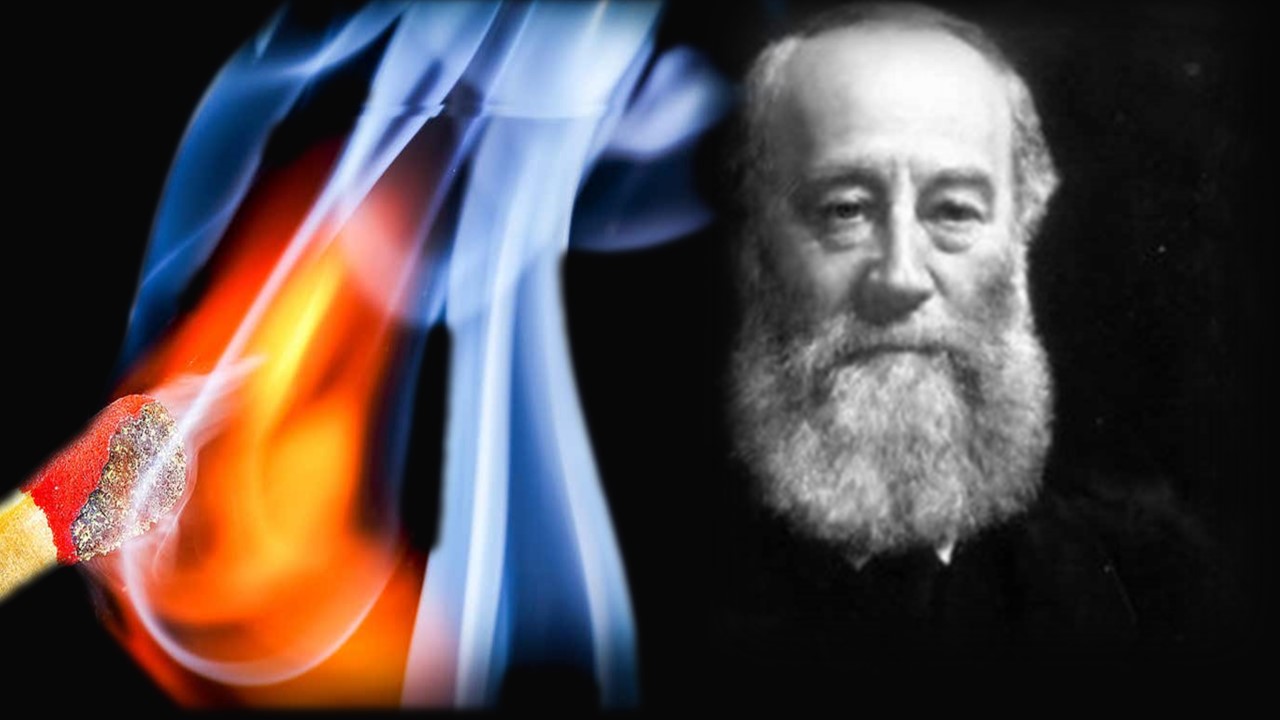
Sometimes an idea is so far ahead of the time that when proposed it is met with suspicion and mockery. This happened with English physicist and mathematician James Prescott Joule (1818–1889) when he tried to publish his concept of heat.
Joule was an avid reader and grew up interested particularly in the field of electricity. He and his brother experimented by giving electric shocks to each other. However, a long-time association with his father's brewery business drew him closer to studying the nature of heat.
In 1843, Joule identified heat as a form of energy. This idea was rejected by the Royal Society because at that time heat was considered to be a "material fluid" which flowed from hot to cold body.
Joule's concept posited that heat was not a fluid but rather a "vibration" from one molecule to another. But at that time (1840s) the existence of atoms and molecules was a disputed subject among scientists. Therefore, Joule's visualization of heat was deemed mere fantasy.
Despite initial rejection, Joule tried to demonstrate his idea mechanically in 1845. His experiment involved the use of a falling weight, in which gravity does the mechanical work, to spin a paddle wheel in an insulated barrel of water. The spinning increased the temperature of water.

Thus, the experiment not only showed that work and energy were equivalent but also that potential energy of the falling weight was getting converted into heat, hence the rise in temperature. So, heat must be a form of energy.
Joule was laughed at in the beginning but he kept on trying, until his idea became common-sense and he was elected a fellow of the Royal Society in 1850.
He went on to work with renowned British physicist William Thomson, aka Lord Kelvin. Together, they developed the absolute temperature scale and published the Joule-Thomson effect, in 1852, a process which has applications in cooling appliances such as refrigerator and air conditioner.
Today, the SI unit of work (and energy) has been named Joule in his honor. He is also widely recognized as one of the founders of thermodynamics as his results led to the formation of the first law.








 Physics, astronomy and science history blog for students
Physics, astronomy and science history blog for students
Responsive Ad Slot